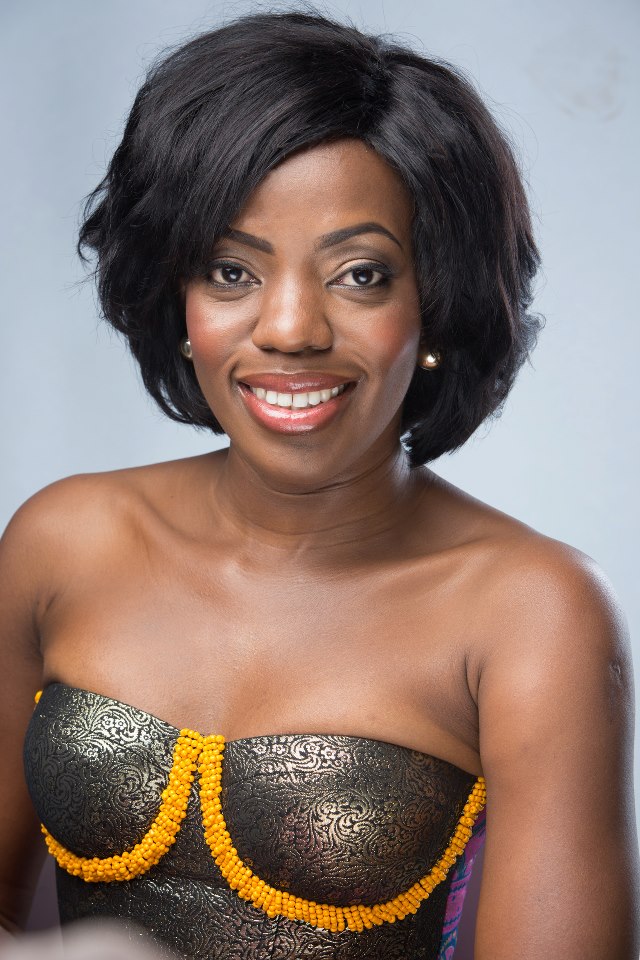“ACCRA, Ghana — Around six years ago, not long after the release of her first feature, “Life and Living It,” the Ghanaian filmmaker Shirley Frimpong-Manso was on an international flight when she struck up a conversation with the passenger beside her. The man was intrigued by her line of work, and before long he asked a question that had often troubled him when he turned on the TV. “Why is it that every time you watch an African movie,” he asked, “you see a woman crying?”
For Frimpong-Manso, the question struck a nerve. Growing up in Accra, the capital of Ghana, she was always bothered by the way women were portrayed in African films as weak, passive, nothing like the bold American stars she saw who smart-talked their way through leading roles. They were also nothing like the women she saw around her.
“I grew up in a totally different environment,” said the 38-year-old, remembering the mother and grandmother and aunts who ran the household where she grew up. At the city’s outdoor markets, she saw “strong African women” laboring all day under the blazing sun after waking before dawn to rouse their kids and prepare them for school.
Yet somehow, these weren’t the women being depicted in films. That troubled her not just for the audiences on the other side of the globe, like the man on the plane, but for the young Ghanaians watching in their living rooms at home.
“What is that doing to our young girls growing up?” she recalled asking herself. Though “Life and Living It” had established her as a promising director, the movie’s twisting plot lines revolved around the careers and relationships of four male friends. Frimpong-Manso realized that she had an opportunity — and a responsibility — to address issues that would have a larger impact, especially on Ghanaian girls looking for role models. And so she made herself a promise: “It’s about time we change that image of [African] women.”
That decision marked a turning point for Frimpong-Manso, whose next film, “Scorned,” focuses on a woman’s struggles to free herself from an abusive relationship. In the years since, Frimpong-Manso has earned a reputation as a filmmaker who casts fierce female leads, while evolving into an award-winning writer, producer and director, as well as the biggest box-office draw in the country’s film industry. Along with the accolades, she’s inspired a growing number of Ghanaian actresses, directors and producers who are claiming a share of a film industry that has long been male-dominated, and changing the way that women are perceived — both onscreen and behind the scenes…”
Full Story on Aljazeera America.
Founded in 2007, Ladybrille® Magazine is a California based pioneer digital publication demystifying the image of Africans in the west through contemporary African fashion and celebrating the brilliant woman in business and leadership, with an emphasis on the African woman in the diaspora. Our coverage includes stories on capital, access to markets, expertise, hiring and retention, sales, marketing, and promotions.



